Developing enquiries
Developing effective historical enquiries is not as easy as it might at first seem. Firstly, a successful enquiry depends upon the teacher having sufficient knowledge of the topic and the historical issues and controversies that surround it. In the teaching sequence, what do I include and what do I leave out? Secondly, the enquiry question must then be framed in such a way that it allows children to hypothesise, to grapple with an issue or controversy, the handle and evaluate evidence, to ask questions of their own and to make judgments. In this section, you will find advice and guidance to help you to plan and carry out effective historical enquiries with your pupils.
-
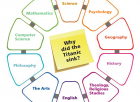
Epistemic insights: bringing subject disciplines together
ArticleClick to view -

The Elizabeth cake
ArticleClick to view -

Teaching crime and punishment as a post-1066 theme
ArticleClick to view -

Having fun through time
ArticleClick to view -

The Vikings: ruthless killers or peaceful settlers?
ArticleClick to view -
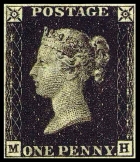
Overground, underground and across the sea
ArticleClick to view -
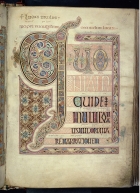
The gall nuts and lapis trail
ArticleClick to view -
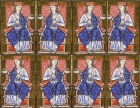
Anglo-Saxon Women
ArticleClick to view -

Learning about the past through toys and games
ArticleClick to view -

Learning Outside the Classroom
ArticleClick to view -

Using the back cover image: Mummified cat
ArticleClick to view -

Studying the Maya
ArticleClick to view -
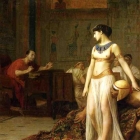
What made Cleopatra so special?
ArticleClick to view -
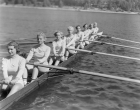
Celebrate your sporting heritage
ArticleClick to view -

So was everyone an ancient Egyptian?
ArticleClick to view -

Our Iron Age challenge
ArticleClick to view -

Teaching history and geography together in a meaningful way
ArticleClick to view -

KS1: Teaching about significant individuals
ArticleClick to view -
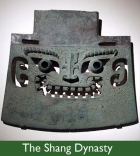
The Shang: What can we tell about an ancient civilisation from one tomb?
ArticleClick to view -

Ancient Sumer
ArticleClick to view

